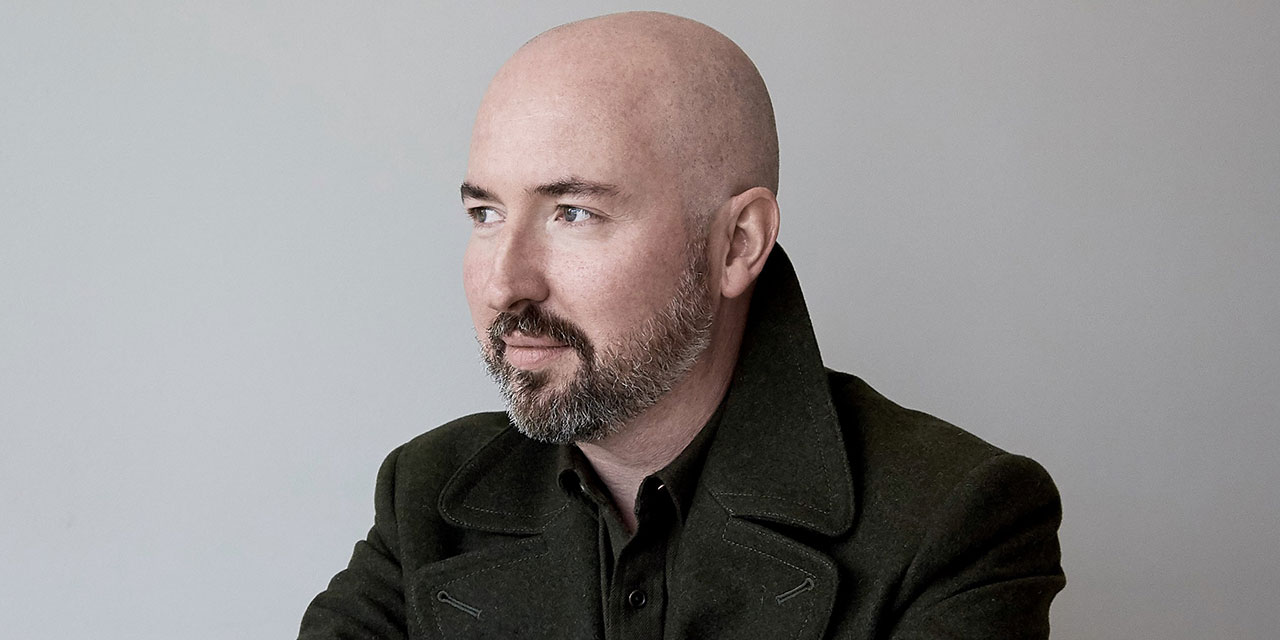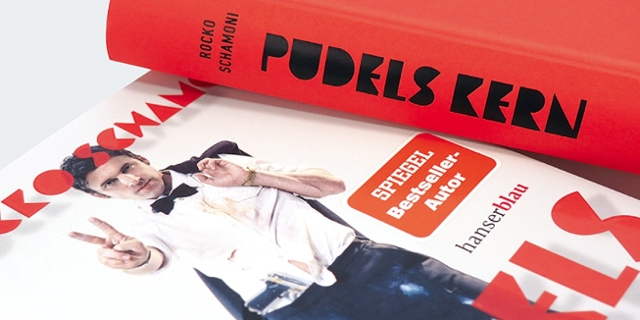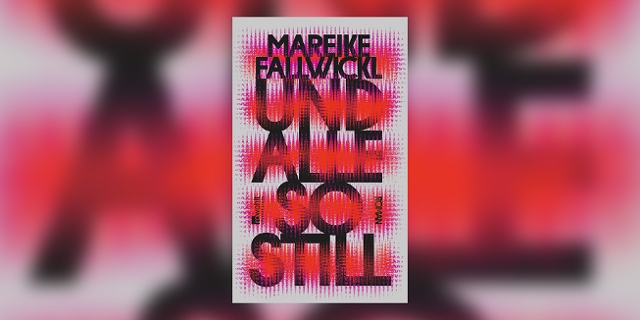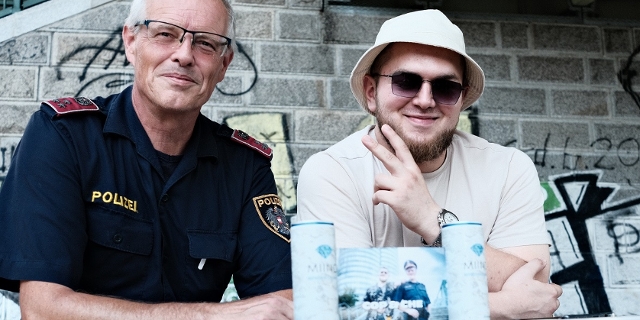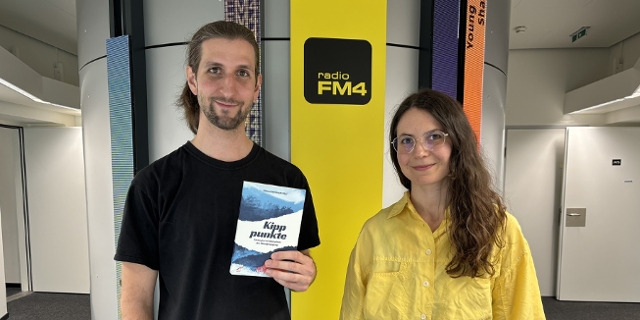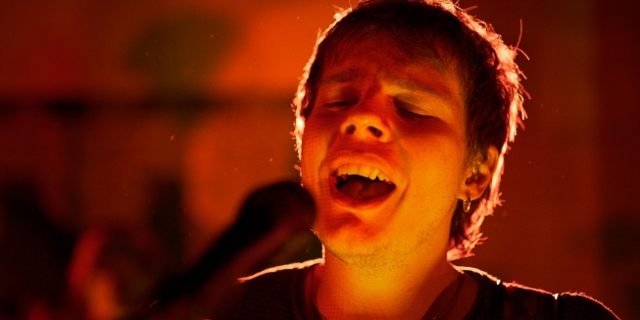„Shuggie Bain“ by Douglas Stuart: Growing Up Gay in Post-Industrial Glasgow
„Shuggie Bain“, the debut novel of Scottish author Douglas Stuart, was published in German this week, translated by Sophie Zeitz. It’s a welcome chance for a wider audience to get a taste of one of the most vivid and thought-provoking English-language novels of recent years. Its a gritty portrayal of the brutalizing effect of poverty, the scarring cruelty of homophobia and the quagmire of alcoholic addiction. It’s one of those novels that gets inside your bones.
The novel, which won the prestigious Booker Prize, is set in Glasgow in Scotland in the 1980s. Margaret Thatcher is at the helm of UK politics and the city has been hit hard by the closure of the heavy industry. For many decades Glasgow’s industrial zones had been the main employment opportunity and source of pride and stability in the west coast city which was known for ship-building, manufacturing and mining. This blue-collar culture had given Glasgow a reputation for „toughness“.
A Personal Project to Understand the Past
The title character Shuggie doesn’t conform to this tough Glaswegian stereotype. He’s a sensitive and quite effeminate character who finds himself growing up in this increasingly cruel macho society. His glamorous looking mother Agnes has been abandoned by her philandering husband and this trauma has worsened her already severe alcoholism. Shuggie, although too young to understand his own sexuality, suffers from horrible homophobic taunting. His neighbours, young and old, have decided he is, in the Scottish phrase „no right“, because he walks differently, talks differently and likes dolls.
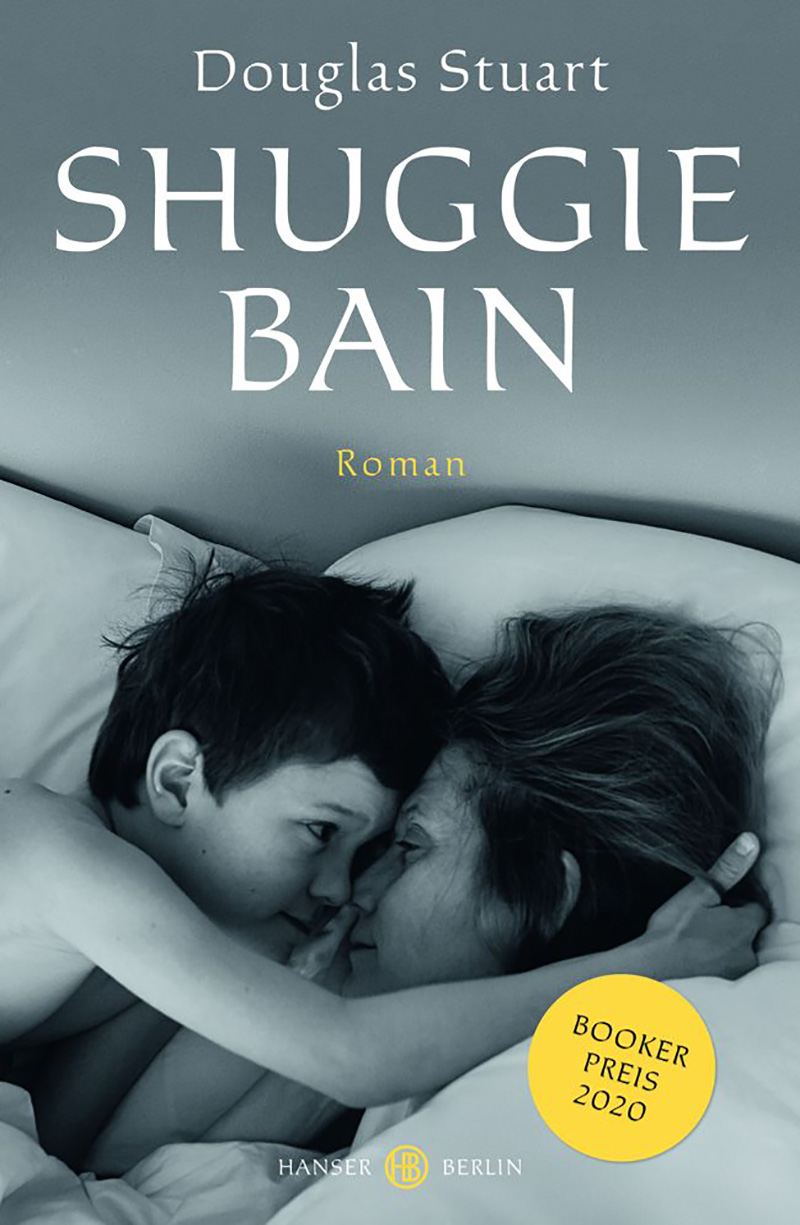
Hanser Verlag
„Shuggie Bain“ von Douglas Stuart ist in der Übersetzung von Sophie Zeitz im Hanser Verlag erschienen.
The story of the novel mirrors the biography of author Douglas Stuart. Now in his 40s, he’s spent much of his adult life working in fashion in New York, but he grew up in working class Glasgow. He lost his own mother to alcoholism when he was only 16 and also faced traumatic homophobia as a child.
He told me in an interview via Zoom that the book was in many ways a „personal project“ aimed at both explaining himself to his friends and new family in the USA and understanding his own past. The book took 10 years to write and as he started the process, it became clear this had to be a novel rather than a memoir.
„I was thinking about this mother and son living in Glasgow who were sort of navigating the Thatcher years and the mass unemployment. And as soon as I allowed the characters on the page, they just had so much to tell me. And really I just got out of the way of them.“
The Toxicity of Frustrating Masculinity
Glasgow in the 1980s is still a very patriarchal society and that’s why the collapse of the manual labour industry’s hit the city so hard. Unemployment hit 26% and stayed that high for a decade. As the men lost their jobs they also lost their sense of purpose and identity and their self-esteem in life. And wounded masculinity quickly turned toxic.
Foreshadowing the domestic abuse that we’ve seen depressingly frequently during the economic turmoil of the recent pandemic, many men took their frustrations out on the women and children, inflicting both psychological and physical abuse as a perverted way of re-establishing their lost sense of power.
The gritty depiction of economically depressed and addiction-addled Scotland invites comparisons with Irving Welsh’s celebrated „Trainspotting“, but Douglas Stuart has shifted the focus to those women and children who are often ignored in post-industrial literature. „What I wanted to do is really focus on a mother’s experience, really based on my own mother’s experience,“ he told me. „And also, I wanted to focus on a young gay man’s experience in this place where masculinity is quite narrow. I wanted to look at how these two characters tried to support each other through those difficult years.“
„They should have known better, but they didn’t.“
Shuggie, an artistic-minded, articulate and kind little boy seems to scare those around him. Working class boys in Glasgow in the 1980s are meant to be into football and fighting and he just doesn’t fit in. But Douglas Stuart says the story is more tied to the period than the geography.
„This is a story that could have been set in Naples or Detroit or Delhi. I think it comes at a time when before gay pride, before people knew that they shouldn’t do things like that. I try to be kind even with the characters that commit homophobic acts in the book because society just didn’t know better. They should have known better, but they didn’t.“ It is a story that could probably be set in 2021 in Hungary or Poland. And that is what makes reading it so moving and disturbing.
„People had no way of understanding that you could be a happy gay man“
Because there has not yet been any meaningful discussion about sexual diversity, even the people who love Shuggie, including his grandmother and his older brother, try to persuade him to change in order to assimilate to the expectations of his macho neighbourhood.
"He spends a lot of the book trying to learn how to walk and talk like a heterosexual man, how to carry himself like he perceives a normal person would, to learn how to kick a ball. And that really is what some of the reality is of growing up gay and poor. And in those times, you know, you’re meant to believe that you should change and you can change. People had no way of understanding that you could be a happy gay man at that time in history. They had no way of understanding that you could go on and find a life full of love and acceptance because they just didn’t see it around them.”
Humanizing the Alcoholic Single-Mother
The character of Shuggie’s mother is drawn with great nuance. Right-wing tabloids across Europe love to demonize the single mother drinking away the social welfare payments. Here is a portrayal that seems unflinchingly honest and yet empathetic. Agnes can be selfish, frustratingly self-indulgent and neglectful of her children, but she can also be brave and defiant and loving. This is one of Douglas Stuart’s proudest achievements in the book:
„I grew up in a community that saw a lot of men and a lot of women suffer with addiction. When the men suffered with addiction, we tended to think, ‘Oh, that’s what men do. You know, he’s had a hard life.’ When a woman suffers with addiction, it’s done in private, not openly in pubs, and we tend to blame the woman at the heart of it. We don’t acknowledge that there might be a person suffering from hurt or from trauma there. And instead we start to cast them as failures. there’s so much shame and there’s so much stigma there.“
„What I wanted to do with the character of Agnes is show them the entire spectrum of this human being. How readers come to it, how you feel about it is entirely your own. Your own decision is influenced by your morals because there are no morals in a book. There shouldn’t be morals in a book, but it should just be a very rounded portrait of this woman who was doing her very best.“
Understanding Addiction
Addiction is very hard to understand for the non-addicted. We want our loved ones to just „snap out of it“ and are frustrated when we can’t defeat their addiction with our love. That is very much the story of Agnes and those who love her. „The truth is that the war with addiction happens inside the addict. Shuggie has a difficult time believing he can’t save his mother,“ says Stuart. „And he has many conversations with his older brother about that. He just thinks if he loves her hard enough and if he tries again, she will get better.“
This is of course a very personal trauma that Douglas Stuart is dealing with. „I lost my own mother at 16 to addiction. The loss has stayed with me my entire adult life, but also the guilt I feel now as an adult man. I just so desperately wish I could go back as a man with all the emotional maturity I have, with all the resources I have and be able to help my mother. But, of course, it was my mother’s journey and it was my mother’s own struggle. And there’s only so much you can do. And one of the central questions of the book is how far do you go to save the person you love before you have to save yourself?“
Alcohol is a particularly difficult addiction because alcohol is the most socially acceptable of drugs. Many people start out having a good time with alcohol and then become a victim of it. Colourful, vibrant life-affirming characters begin using alcohol to celebrate life and then something changes and the drink destroys them. But when does that change happen?
„I interviewed a lot of addicts and interviewed people who knew my own mother to ask when was this moment? Why didn’t you stop at this moment? Why didn’t you see it coming? And the truth is, is nobody saw it coming because as you say, especially in communities that enjoy alcohol - that are maybe hard drinking communities - the line between a good time and a bad time is really hard to notice. And many people slide into addiction without knowing that’s where it’s going. You know, it becomes a very slow, creeping thing.“
Publiziert am 27.08.2021







